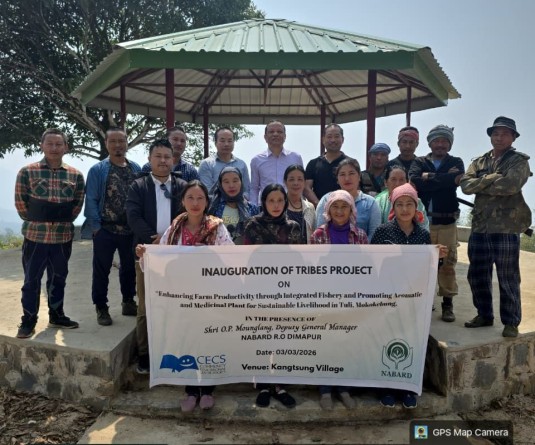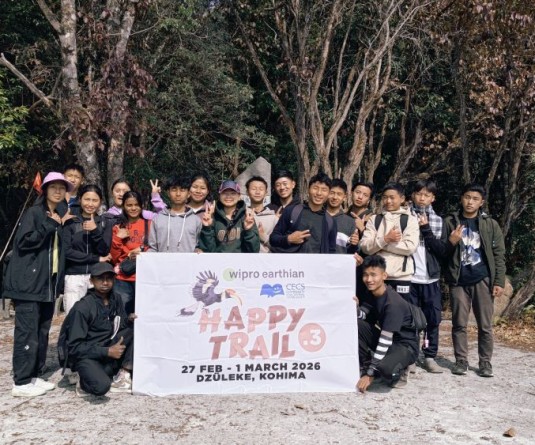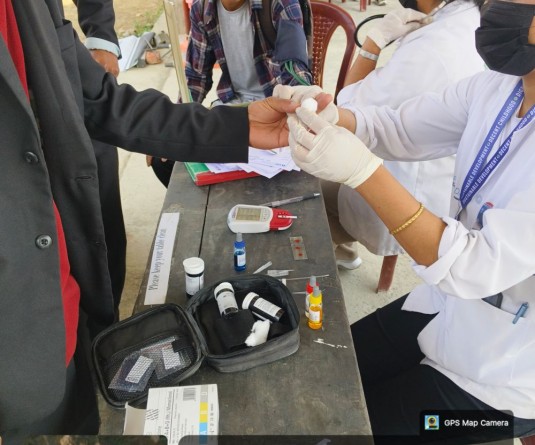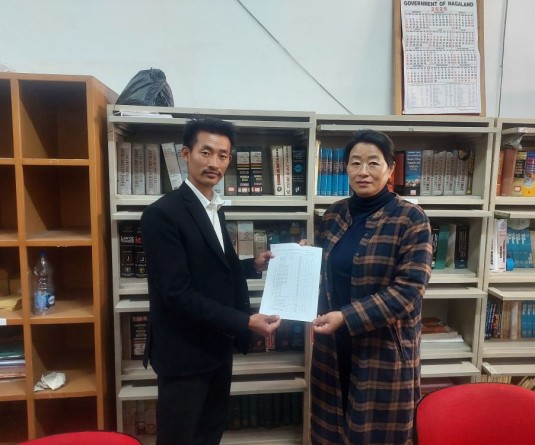
• NGBF asks GBs not to participate in rally, bandh or boycott of ULB elections
• Requests State Election Commission to defer, if possible, the ULBs’ election till situation gets normal
Dimapur, January 21 (MExN): The Nagaland Gaon Bura Federation (NGBF) has now asked all GBs in Nagaland State not to participate in any rally, bandh or boycott of the ongoing process of election to the Urban Local Bodies (ULBs), as notified by the Government of Nagaland.
As the “custodian of customary law,” the NGBF also requested the State Election Commission to defer, if possible, the ULBs’ election till the situation gets “normal” and an “understanding” takes place between Government of Nagaland and “pressure groups.”
A press from NGBF President Shaleem Konyak and General Secretary Shikuto Zalipu informed all District GBs Associations to “maintain and follow the customs and traditions which were carried on and practiced by our forefathers and also play the role of fatherly figure in promoting peace and harmony and to avoid breach of conduct.” The NGBF reminded that the many tribes of Nagaland follow unique customs and traditions, but most aspects being similar gave birth to ‘Naga Customary Law.’
As the “custodian of the customary law,” the NGBF appealed to all “not to dilute our unique customary practice by imposing unusual practices which are not in practice from time immemorial till date.”
No ‘paramount power’ beyond village
Explaining the context, the NGBF brought to fore that “each village was the state by itself,” and there was no “paramount power” beyond this. Each village has its own land and forest; every village had its own system of government; some were democratic setup and some hereditary setup. This system of governance was run by the village chiefs known as Angh in Konyak, Kukami in Sumi, Ekhung in Lotha, Pehumia in Angami, Putumenden in Ao, Kilongtsur in Yimchunger, Mewoh/Runakreta in Chakhasang, Abotonger in Sangtam, Monyu in Phom, Sangponyu in Chang, Chinkhu/Pai in Zeliang etc.
The system of governance was for the “welfare and protection” of citizens based on their respective customs and traditions, extrapolated the NGBF. Further, there was division of work in terms of administration, rituals etc. “Every individual in the village had his rightful place in the society. The village chieftains and elders do not exercise any kind of autocratic power. All important matters were discussed in the open court where views were exchanged, evidences were examined and only after thorough deliberation, final decisions were taken (A kind of Direct Democracy),” the NGBF statement noted.
Thus, it maintained, “Diluting and twisting our customs and traditions for self benefit or to mislead would surely tarnish our identity which was acknowledged by the British India Sarkar and recognized by the Government of India.”
In this light, the NGBF reiterated that “No power/strength can separate the customs and traditions from Naga people” and asked all GBs to be wary of this at this juncture and not participate in any rally, bandh or boycott of the “ongoing process of ULBs election as notified by the government of the day.”






